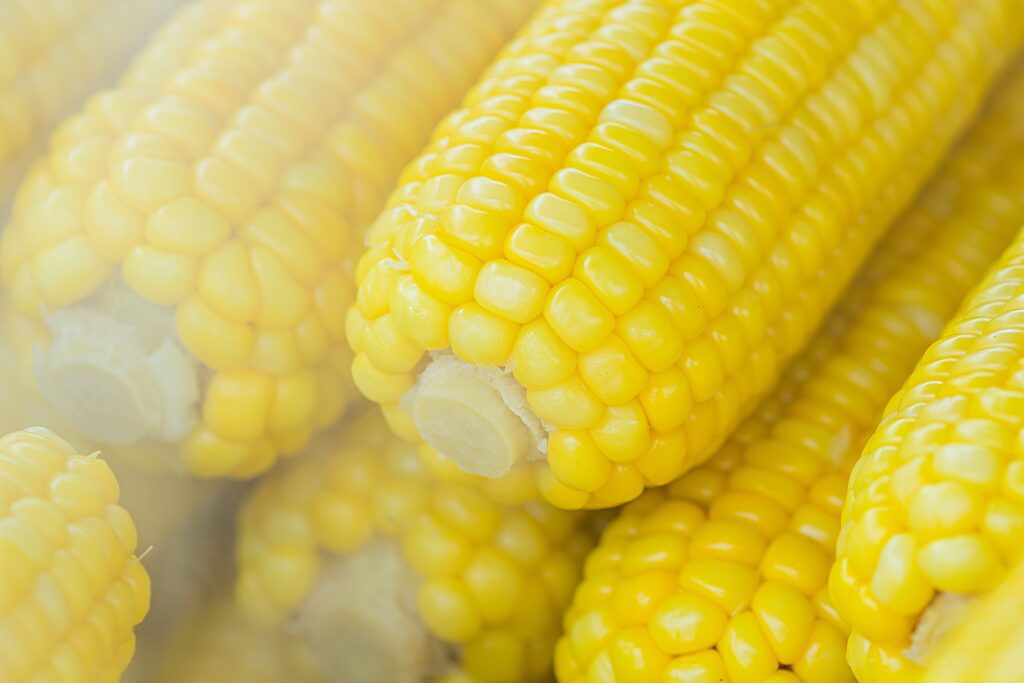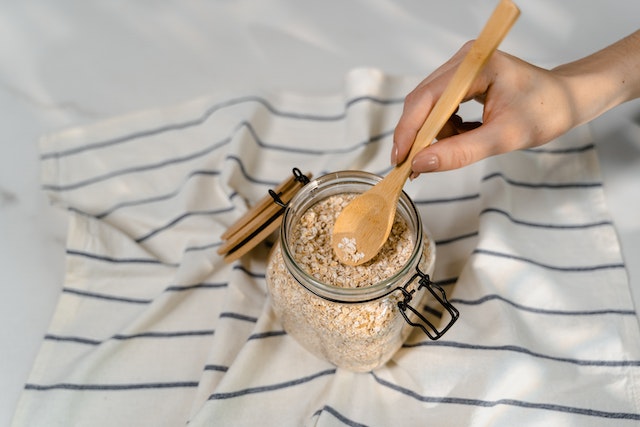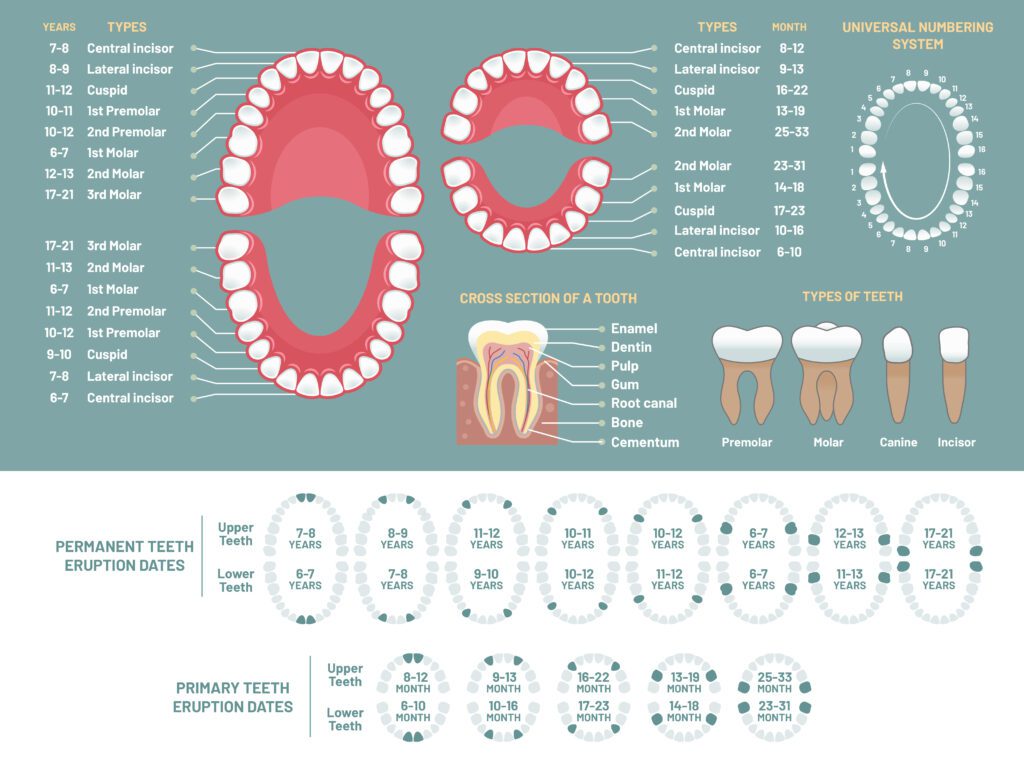Introduction

Millions of humans worldwide are living with the outcomes of diabetes.
Diabetes supervision includes choosing healthful food to control blood sugar and prevent complications. Corn is one such cuisine that has gained popularity in recent times. Due to its frequent usage in cooking, there has been intense debate on the safety of maize for diabetics.
In this post, we’ll analyze maize’s nutritional profile, discuss how to incorporate it into a nutritious diet and contemplate possible advantages for diabetes.
Understanding Diabetes and Dietary Choices
Type 1 and type 2 diabetics share a common trait: elevated blood sugar levels.
Those living with diabetes must carefully select foods that have a minimal impact on blood sugar to prevent spikes and dips that can lead to health complications. Additionally, the rapid increase in blood sugar levels caused by carbohydrates with a high glycemic index is hazardous to one’s health.
The Nutritional Profile of Corn
Popcorn, cornmeal, cornstarch, and sweet corn are all variations on the cereal grain corn. Nutrient-wise, it takes a lot of work to beat. Approximately one cup of corn has 30 grams of carbohydrates, 3.5 grams of fiber, and 5 grams of protein. To fully comprehend its probable benefits for diabetics, we must look at its nutritional makeup in detail.
1. Fiber Content:
The nutrients included in corn can be beneficial in preserving digestive health and decreasing the rapid digestion of starches and sugars. This can lead to more gradual increases in blood sugar levels after a meal, preventing sharp spikes. The positive effects of a high-fiber diet extend beyond exclusively weight control and digestive health.
2. Vitamins and Minerals:
Corn is a great provider of multiple vital nutrients, especially vitamin B6, niacin, and folate. Both the creation of energy and neurological communication rely on these chemicals. The magnesium and phosphorus in corn contribute to maintaining normal blood pressure and solid bones. Corn diabetic corn good for diabetic corn is suitable for diabetics.
3. Antioxidants:
Nutrients like lutein and zeaxanthin, good for the eyes, may be discovered in corn. Because of their higher susceptibility to ocular issues, diabetics may particularly benefit from these vitamins.
The Benefits of Corn for Diabetics
1. Stable Blood Sugar Levels:
The fiber content in corn slows down the digestion of carbohydrates, preventing sudden spikes in blood sugar levels. Diabetics may benefit from eating maize because it influences blood sugar levels.
2. Heart Health:
Whole corn contains heart-healthy nutrients like fiber, potassium, and folate. Because of their elevated risk of heart disease, diabetics significantly benefit from these nutrients’ role in keeping their circulatory system healthy.
3. Weight Management:
Corn’s fiber content induces a feeling of fullness, aiding in portion control and weight management. Diabetic control and general health depend on the patient’s appropriate weight.
4. Digestive Health:
The fibre in corn supports digestive health by promoting regular bowel movements and preventing constipation, which can be especially beneficial for diabetics who may experience gastrointestinal issues.
5. Eye Protection:
The antioxidants lutein and zeaxanthin in corn contribute to eye health. Due to a higher probability of eye disease, diabetics might benefit from including maize in their diet.
Incorporating Corn into a Diabetes-Friendly Diet


While corn offers several benefits, moderation and preparation methods are crucial to including it in a diabetes-friendly diet:
1. Portion Control:
Pay attention to portion sizes to manage carbohydrate intake effectively. A small serving of corn can be balanced with other low-carb foods.
2. Choose Whole Corn:
Opt for whole corn instead of processed corn. Whole corn retains more nutrients and fiber, making it a healthier choice.
3. Pair with Protein and Healthy Fats:
Pair corn with lean protein sources and healthy fats to further slow digestion. This combination can help maintain stable blood sugar levels.
4. Avoid Added Sugars:
Be cautious of canned or processed corn products with added sugars or unhealthy fats. Choose plain or frozen corn without added ingredients.
5. Preparation Methods:
How you prepare corn matters. Grilled, steamed, or boiled corn is preferable to fried options. Avoid excessive butter or high-calorie toppings.
Conclusion
Maize may benefit diabetics, but only if they eat it in moderation and prioritize quality over quantity. The high fiber content and essential vitamins, minerals, and antioxidants make this a nutritious option. Controlling blood sugar, avoiding heart disease, sustaining a healthy weight, and enhancing health are numerous advantages.
. As with any dietary choice, consulting with a healthcare professional or registered dietitian is advised to tailor corn consumption to individual dietary needs and health goals. Remember, while corn can be a part of a diabetes-friendly diet, moderation, and thoughtful preparation are vital to reaping its benefits without compromising blood sugar control.
FAQS
1. Is corn safe for diabetics to consume?
Yes, corn can be included in the diet of individuals with diabetes. Its high fiber content makes for more gradual rises in blood sugar after eating a carbohydrate-rich meal.
2. What is the glycemic index of corn?
Corn’s glycemic index (GI) might change based on how it’s cooked. Generally, whole corn has a moderate GI, meaning it has a relatively mild impact on blood sugar levels. However, the GI can be influenced by factors like cooking methods and what foods corn is consumed with.
3. How does fiber in corn benefit diabetics?
Corn’s dietary fiber is significant in regulating glucose levels. It reduces blood sugar from rapidly increasing after meals by slowing down the absorption of carbs.
4. Can corn help with weight management for diabetics?
Diabetics may appreciate eating maize to help them control their weight. Because of the substantial amount of fiber, it helps people feel complete for extended. If you’re trying to keep the weight off, this may assist you in regulating your amount of food and consuming calories more efficiently.
5. Are there any corn nutrients specifically beneficial for diabetics?
Eye-healthy chemicals like zeaxanthin and lutein may be extracted from maize. Because diabetics have a higher risk of ocular difficulties, these antioxidants are beneficial.





